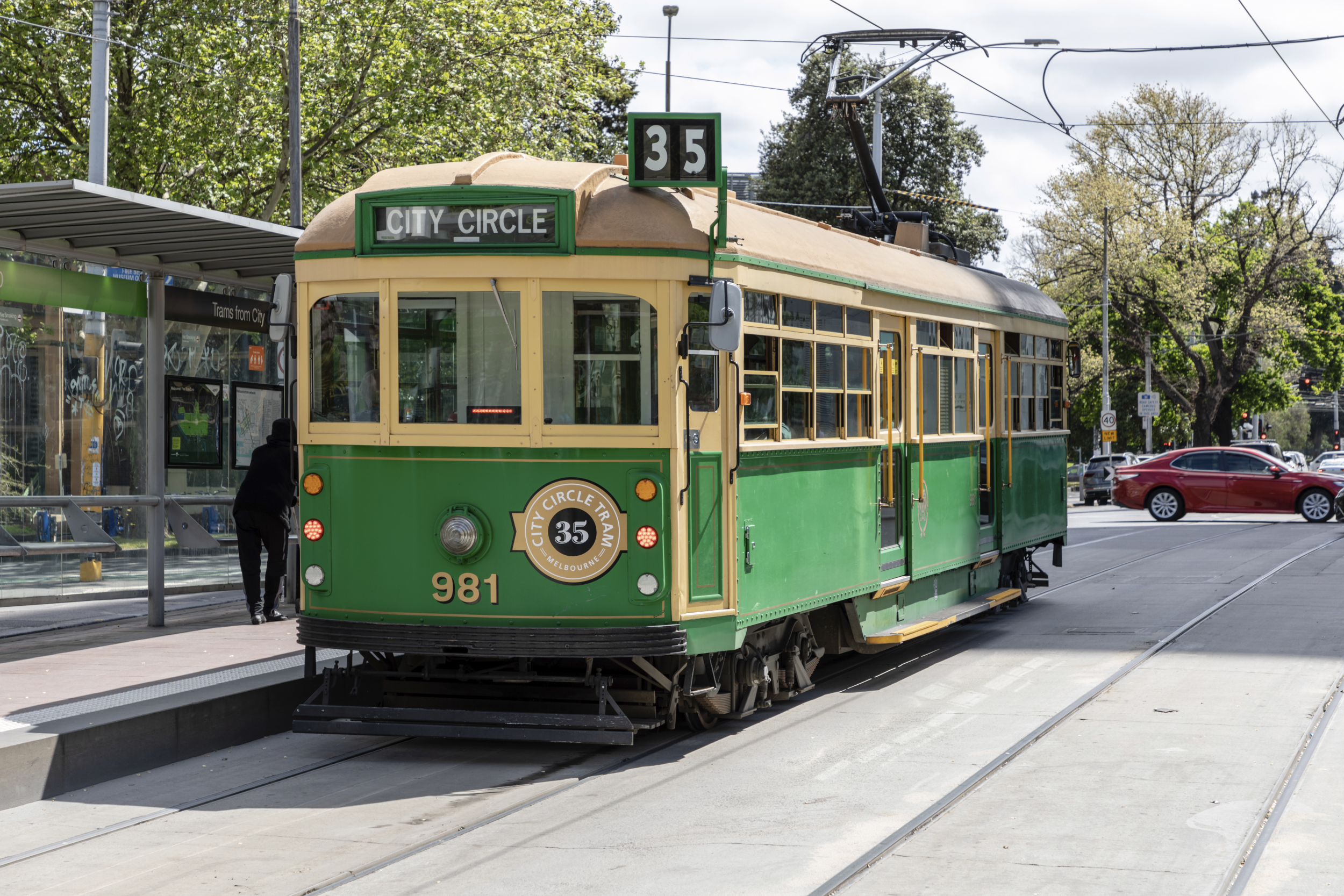- In short: Data detailing the air quality at Melbourne’s Southern Cross Station has been released for the first time.
- It shows nitrogen dioxide levels in parts of the station have regularly been more than 90 times the guidelines set by the World Health Organization.
- The Victorian government and the station’s operator say they’ve been meeting Australian workplace standards.



This is the best summary I could come up with:
A representative from Southern Cross Ptd Ltd, a subsidiary of Civic Nexus, told him the station met government project requirements and compliance and it would not enter any further discussion with him.
Lou Irving is one of Victoria’s leading respiratory doctors — head of the Lung Tumour Stream at the Peter MacCallum Cancer Centre and a physician at the Royal Melbourne Hospital.
When Professor Irving read through the Southern Cross air monitoring data, he immediately noticed how high the nitrogen dioxide (NO2) levels were in the bus terminal area.
A health and safety log from workers for three years up until 2010 shows staff at that time were routinely reporting sore throats and eyes, nausea and some vomiting while working in noticeable diesel fumes.
Those workplace standards for NO2 are 3,000 parts per billion averaged over eight hours and haven’t changed in more than 30 years, despite scientists’ understanding of the effects of air pollution developing a great deal.
“Where we have not yet been in a position to convert the fleet to battery electric buses we monitor performance such as idle times to avoid unnecessary pollution and fossil fuel consumption,” said Michael Sewards, co-CEO of Kinetic, which owns SkyBus.
The original article contains 2,259 words, the summary contains 200 words. Saved 91%. I’m a bot and I’m open source!